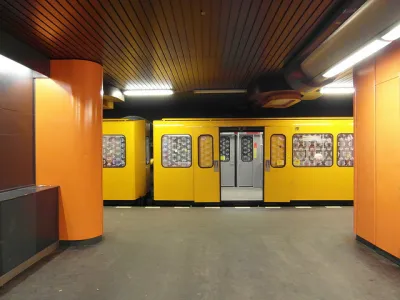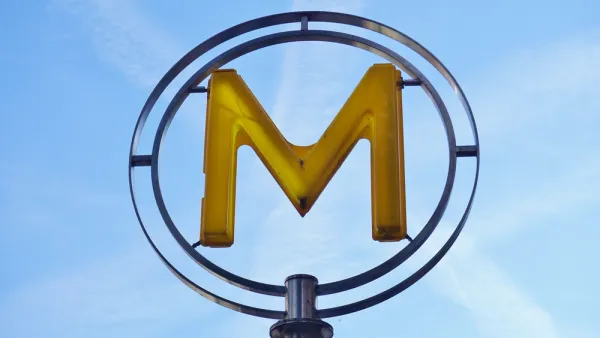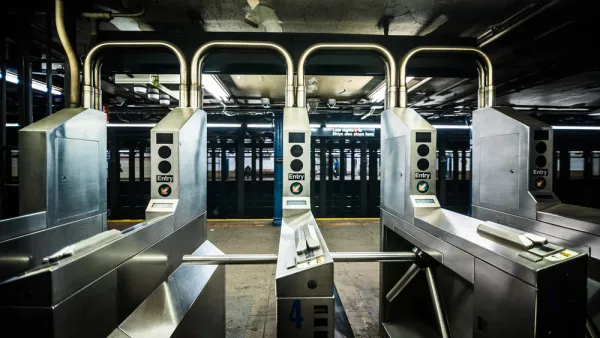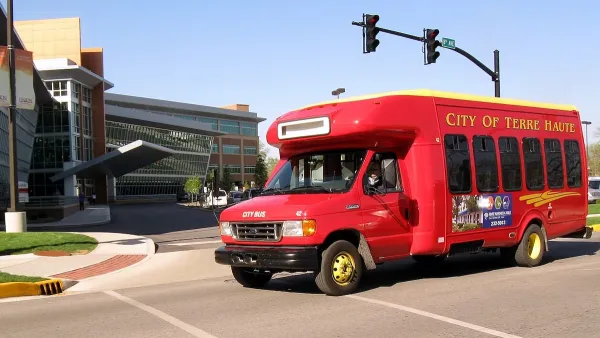The pros and cons of fare-free transit involve a range of issues, from operations logistics and outcomes to costs and fiscal priorities.

Alon Levy explores the debate around free public transportation and the results of fare-free programs implemented in various cities in the U.S. and Europe. Because free transit means agencies do not need to collect fares, it speeds up boarding and eliminates costs such as fare collection systems and some personnel. But, argues Levy, proof-of-payment systems address many of these issues, with relatively minimal costs for any ticket machines or fare inspectors.
He also makes the point that funds for subsidizing free fares have to come from some source and that money could be better used to address any of a range of system issues. "If there is money to make service free, there is money to spend on service improvements, including more metro lines, higher frequency, and wheelchair accessibility where it isn’t already present," adds Levy.
The size of the city and system are also relevant considerations in the discussion about free transit, according to Levy. In smaller cities, proof-of-payment enforcement is more difficult for inspectors to carry out. "The one caveat is that if the plan is to convert a city from one without public transportation to speak of to one with a good system, for example in Los Angeles, then in the future, revenue will become more important."
FULL STORY: Free Public Transportation

Analysis: Cybertruck Fatality Rate Far Exceeds That of Ford Pinto
The Tesla Cybertruck was recalled seven times last year.

National Parks Layoffs Will Cause Communities to Lose Billions
Thousands of essential park workers were laid off this week, just before the busy spring break season.

Retro-silient?: America’s First “Eco-burb,” The Woodlands Turns 50
A master-planned community north of Houston offers lessons on green infrastructure and resilient design, but falls short of its founder’s lofty affordability and walkability goals.

Test News Post 1
This is a summary

Analysis: Cybertruck Fatality Rate Far Exceeds That of Ford Pinto
The Tesla Cybertruck was recalled seven times last year.

Test News Headline 46
Test for the image on the front page.
Urban Design for Planners 1: Software Tools
This six-course series explores essential urban design concepts using open source software and equips planners with the tools they need to participate fully in the urban design process.
Planning for Universal Design
Learn the tools for implementing Universal Design in planning regulations.
EMC Planning Group, Inc.
Planetizen
Planetizen
Mpact (formerly Rail~Volution)
Great Falls Development Authority, Inc.
HUDs Office of Policy Development and Research
NYU Wagner Graduate School of Public Service




























